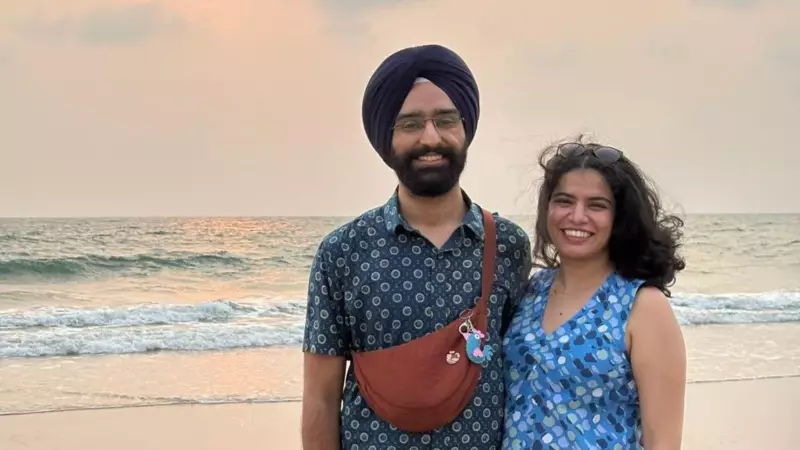
When the air in Delhi becomes so thick you can taste the pollution, and the simple act of breathing feels hazardous, some residents are making a radical choice: they're packing their bags and heading for Goa's cleaner shores.
The Breaking Point
For many Delhi families, the decision to leave comes after years of battling the capital's worsening air quality. What begins as seasonal discomfort during winter months has evolved into a year-round health crisis that affects every aspect of daily life.
"We reached a point where we couldn't let our children play outside for months," shares one former Delhi resident. "The constant worry about respiratory illnesses, the endless parade of air purifiers, and the psychological toll of never seeing clear skies became unbearable."
The Goa Alternative
Goa emerges as more than just a vacation destination for these urban refugees. The coastal state offers what Delhi cannot: the fundamental right to breathe clean air. Beyond the obvious environmental benefits, families discover unexpected improvements in their quality of life.
The transformation includes:
- Children playing outdoors without pollution masks
- Significant reduction in respiratory and allergy medications
- Improved sleep quality and overall wellbeing
- The psychological relief of seeing clear blue skies
Challenges of Paradise
The transition from India's bustling capital to Goa's laid-back coastal life isn't without its difficulties. Families face practical hurdles that test their resolve.
Professional adjustments top the list of concerns, with many needing to reinvent careers or adapt to remote work arrangements. The slower pace of life, while therapeutic, requires significant cultural adjustment for those accustomed to Delhi's frenetic energy.
A Growing Trend
This migration pattern represents more than individual choices—it signals a broader environmental crisis driving urban population shifts. As air quality continues to deteriorate in major Indian cities, the appeal of regions with cleaner environments grows proportionally.
The stories of Delhiites in Goa highlight a painful truth: when basic environmental conditions become unlivable, people will make extraordinary life changes to protect their family's health.
This exodus raises critical questions about urban planning, environmental policy, and the future of city living in India. As one transplant perfectly captures: "We didn't just change cities—we changed our entire quality of life. The ability to breathe freely shouldn't be a luxury, but in today's India, sometimes you have to move mountains, or at least locations, to find it."





